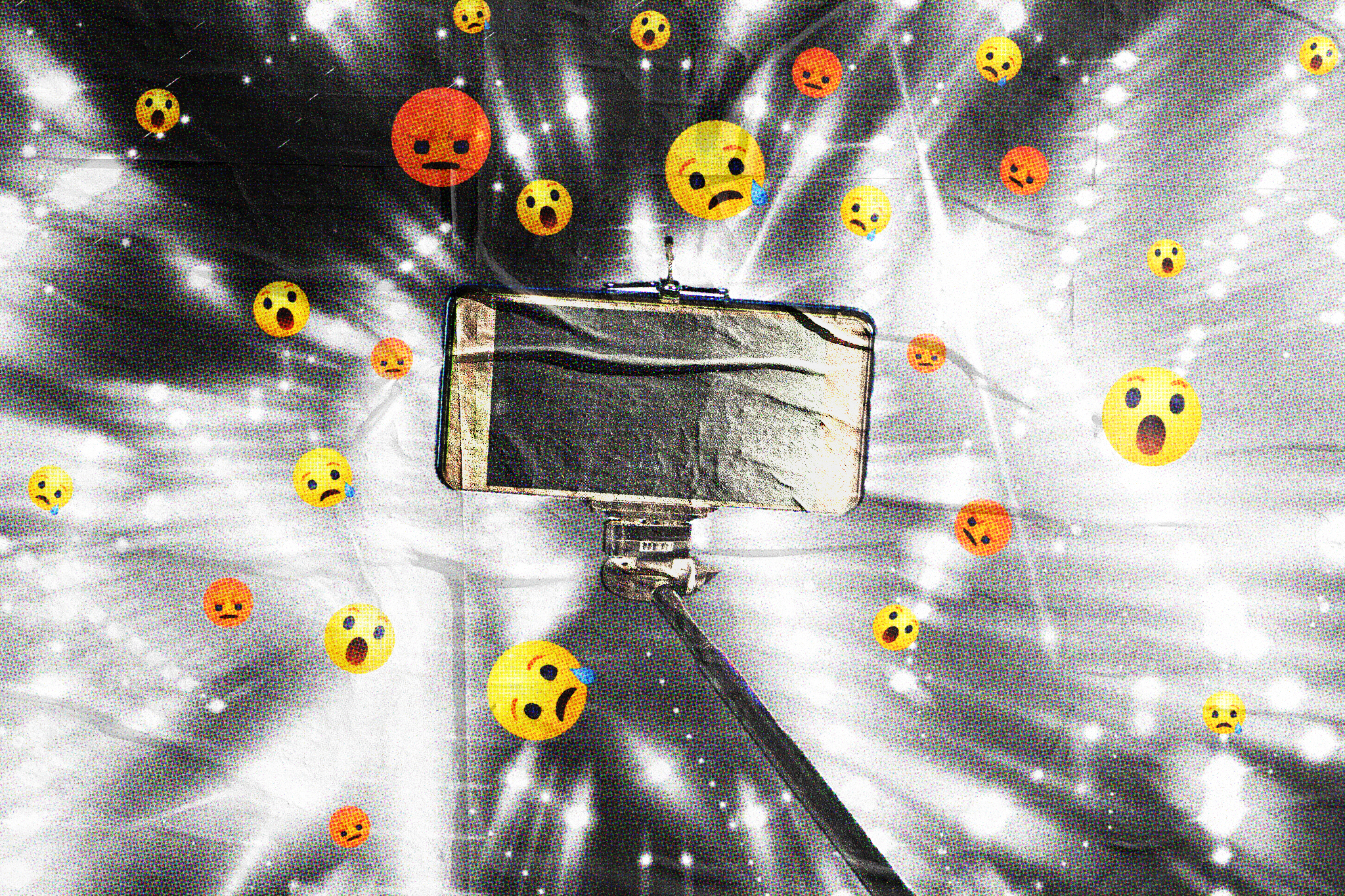There is a certain type of digital creature that has invaded our midst in the age of capital ‘C’ content creation. A creature whose main desire is a thinly veiled thirst for celebrity. One that inhabits a world where the lines dividing reality from cyberspace have been blurred beyond all definition, so that every experience is refracted through the prism of likes and shares, comment threads, video views and subscriber growth.
Why do anything for the sheer intrinsic value of doing it, when you can stream it live and upload the clips to YouTube, while earning some cash and online credibility in the process? What’s the point in existence at all, if not to present an edited or stylized version of your life to people you’ll never meet and receive feedback in the form of data points?
It’s the solipsism that irks me most. This inherent assumption that the world is falling over itself to see you in action. And look, I get it, we’re all the protagonists in our own stories, walking around in the material world with a constant monologue directing us from the immaterial one. But being the protagonist in your reality should not preclude you from showing respect or decency to other characters populating the same space. Some foreign influencers in Japan have yet to get the memo. And their questionable exploits drag us all through the dirt.
Johnny Somali and Fidias Panayiotou
I’d never heard of Johnny Somali or Fidias until they generated a raft of negative press in Japan.
Johnny Somali, real name Ismael Ramsey Khalid, is a Kick streamer of American-Somali descent, and a self-proclaimed former child soldier and pirate. His live streams and videos are, insofar as I can tell, predicated on Khalid being obnoxious to anyone within shouting distance and creating public disturbances to gain internet notoriety. During his stint in Japan, he drew the ire of the media, the public and apparently the yakuza for trespassing on a construction site where he shouted “Fukushima” at workers who escorted him from the property. Khalid also subjected commuters to jokes about the atomic bomb atrocities, got arrested outside of a convenience store and was prone to starting fights with passersby.
Fidas, a Cypriot YouTuber, whose full name is Fidias Panayiotou, has also become persona non grata in Japan. The “professional mistake-maker” travels around the world completing challenges that run the gamut from uninspired to downright fraudulent. In Japan, he attempted to travel the length of the country for free — by dodging public transport fares — in a race against three fellow YouTubers, with the winner receiving $10,000. When Panayiotou posted a video to his 2 million-plus subscribers, in which he hid in a Shinkansen toilet to avoid ticket inspectors before pretending to be sick when confronted on the train station platform, viewers were quick to criticize him. The railway company, JR Kyushu, then launched a prompt investigation, while YouTube removed the video from its platform.
Main-Character Syndrome
The narrative has focused on how polite, welcoming and unconfrontational Japanese people are. And that’s generally true. It’s therefore an affront to the country to abuse this courtesy. But it’s not like these influencers had clean track records before arriving in Japan. Both of their online presences are defined by main-character syndrome, in which self-importance and disrespect are the guiding principles. The location doesn’t change that.
Another concern is how foreign influencers are damaging Japanese attitudes towards outsiders. Often, as a foreigner in Japan, you become an unwitting ambassador for both your country and the entire global diaspora of non-Japanese citizens. I can’t tell you how many times I’ve been asked, “Is [insert thought] common for a foreigner to think?” as though the 8 billion or so of us have one monolithic psyche bound by our non-Japaneseness. It’s natural to want to distance yourself from the likes of Johnny Somali and Fidias, but it is, unfortunately, not as easy for many locals to do the same.
Fidias, for what it’s worth, followed his misdeeds with a rather weak apology and reassurances that he’d research cultures more in the future before carrying out one of his feats. But most observers saw this as lip service rather than legitimate regret. After all, you don’t need to be a Japanologist to know that fraud and theft aren’t going to be accepted as an act of foreign whimsy.
Flies in the Ointment
This is not an attempt to denigrate all people who make videos on the internet. There are plenty of content creators who seek to celebrate Japan and its culture, or present viewpoints of Japanese life that forego the standard clichés and stereotypes.
Nor is it to say that disagreeable content should be outlawed from video-sharing platforms. But if you post provocative videos online, don’t be surprised if the reaction is overwhelmingly negative. Burrowing deep into YouTube’s warren of rabbit holes, I encountered dozens of videos condemning the acts of Johnny Somali, Fidias and similar influencers.
Content creators are well aware they’ll be most susceptible to the aftershocks of this. Signs are already appearing in English around Tokyo asking people to refrain from live streaming and shooting videos. Even popular YouTubers in Japan like John Daub and Chris Broad reluctantly addressed the situation.
This condemnation should also give us hope. It proves that it’s just a few rogue flies spoiling the ointment. If there is an easy avenue to fame and notoriety, some people will always choose it as the path of least resistance. It’s an equation of minimal creative input for maximal extrinsic reward. Act like an idiot and get paid for it? That’s existed since the days of court jesters.
The difference is that these modern-day online jesters are unelected representatives of us all, and whether we like it or not, their videos influence how foreigners are perceived in Japan. Watching Johnny Somali receive a haymaker on the streets of Osaka was entertaining in a blood sport kind of way. I do wonder, though, if his camera would have been a better target.
The views and opinions expressed in this article are those of the author and do not necessarily reflect the official policy or position of Tokyo Weekender.









